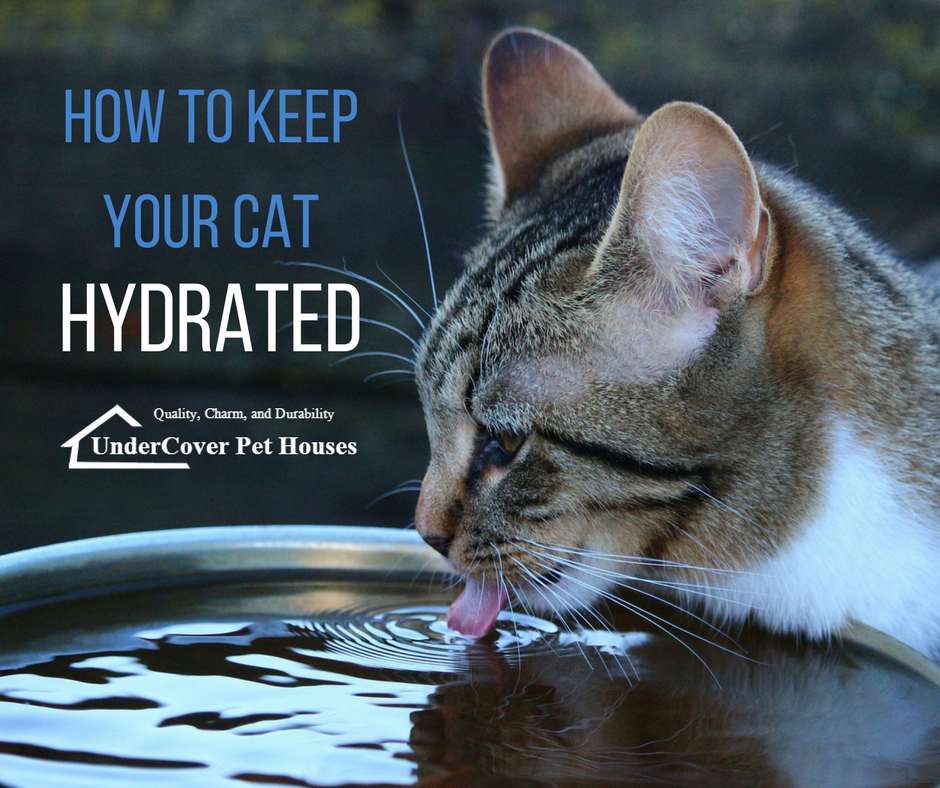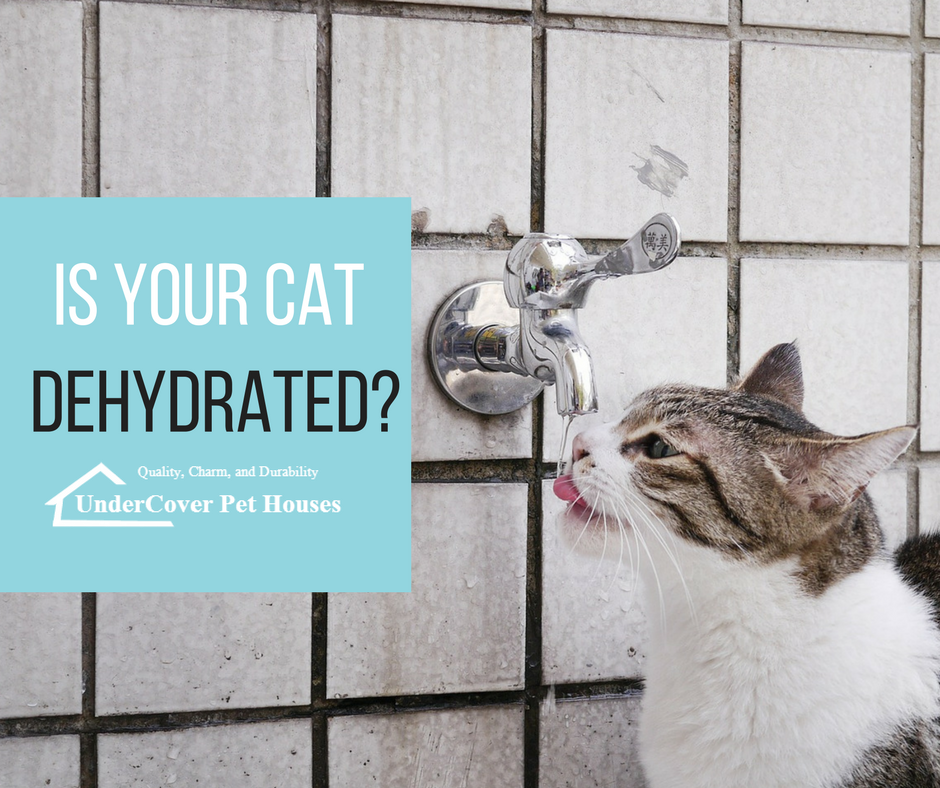 Loading... Please wait...
Loading... Please wait...Blog - health
How to Improve Quality of Life for Senior Cats
Posted by Danny MacDonald on 2017 Aug 3rd

Thanks to healthcare and nutritional progress, cats are living longer lives than ever before. Your cat will probably have a longer lifespan than its ancestors 50 years ago. However, aging cats are at greater risk for certain health problems. They will need a little extra TLC to stay fit and active. Read on to learn how you can improve your kitty’s quality of life when she enters the golden years.
Make sure your cat has easy access to a litter box.
As cats age, their mobility often decreases. It can be difficult to make it up the stairs to the litter box. To increase accessibility, lower the litter box to ground level, or add a ramp. If possible, install a litter box on each floor.
Looking for the best feral cat house? Look no further! Check out ours at www.undercoverpethouses.com
Provide a diet rich in fibre and nutrient-dense foods.
Weight control is a common issue for senior cats. To help your cat maintain a healthy weight, include lots of fibre and vegetables in his diet. To prevent fur balls, include foods or supplements with omega-3 fatty acids. If your cat has bladder issues, provide foods such as cranberries, a natural acidifier supplement, and celery seeds. A careful diet is key to maintaining good health.
Exercise regularly.
For optimum health, your cat needs gentle exercise. Take your cat out for a stroll in a cat harness. Or, get out some interactive cat toys and have playtime.
Do a mini physical exam each week.
When you groom your furbaby each week, check for unfamiliar lumps and bumps. Examine your cat’s teeth and mouth for any issues. Take notes of anything unusual so you can mention it to the vet at your next visit.
Do you have a senior cat? What adjustments have you made to help him or her stay healthy? Let us know in the comments below!
www.undercoverpethouses.com -We sell the best feral cat houses. Your outside cat will love it!

How to Keep Your Cat Hydrated
Last week, we talked about dehydration in cats. If your cat is dehydrated, it will display symptoms such as lethargy, constipation, dry mouth, sunken eyes, increased heart rate, poor skin elasticity, and poor capillary refill time. Check out our previous post for 2 easy at-home tests for dehydration. Today, we’ll talk about 4 simple steps to keep your cat hydrated [...]

Is Your Cat Dehydrated?
Dehydration can pose a serious health risk for cats. It is essential that both your indoor and outdoor cats consume enough water. Water consumption is closely linked to diet. Before they were domesticated, cats ate prey that contained 70-80% water. They received most of their water through their food, instead of drinking it. Today, domesticated cats eat either wet food, [...]

Why Your Cat Needs An Annual Vet Visit
Sometimes, we get into the habit of taking our cats to the vet only when they have a problem. When we do TNR with feral cats, we take them to the vet to be neutered and vaccinated. We take our indoor cats to the vet for the occasional vaccine. But when our cats seem happy and healthy, we [...]
